The “Pay-what-you-can” businessmodel is used by both non-profit and for-profit businesses.
In most cases it is used by businesses, that do not need or depend on having a set prices for its products or services. Instead the business can asks its customers to pay what they feel the product or service is worth to them. The model is sometimes used synonymously with the “Pay what you want” or Pay-It-Forward” businessmodels.
All models are variations of the gift economy, and are dependent on reciprocity and trust to succeed.
The basic idea with the “Pay-what-you-can” or “Pay what you want” model, is that the buyers pay the amount they desire for a given gods or service, the prize can also be zero. Some businesses, that use the model, set a minimum price, or a suggested price as guidance for the buyer. The buyer can also pay a higher price than the standard or suggested price for the goods or service, to support the social caurse of the business or organization, that they are buying from.
To see what the model could look like in practice lets have a look at the Pay it Forward Grocery Store – a Canadian example of the model.
Pay it Forward Grocery Store in Toronto, Canada is a social economy grocery store that sells surplus food and where customers can pay whatever they want.
Pay it Forward Grodcery Store has no price tags for its goods, but uses a so-called “Pay-what-you-can” model and is North America’s first of its kind. “Pay-what-you-can” means that customers pay what they want, and that also means that people who find it difficult to afford food can take the goods with free and do not pay.
To ensure that the store continues to have goods in stock, families are encouraged to only take food for one day at a time. They can also choose to get a pre-packed box with food and recipes every other week. People who think they have financial profits can choose to pay for other people’s groceries (hence the name – “Pay it forward”).
Chef Jagger Gorden is the person behind the idea for Toronto’s first food waste supermarket. He is a well-known Canadian advocate for reducing food waste and to help people, who have difficulty purchasing enough food to avoid hunger.
He came up with the idea in 2014, when he was running his own catering company, he experienced a first-hand impression of how much food is wasted when events are held. SO he opened pop-up restaurants throughout Toronto, where he used the foo, that was left over from catering to events.
In 2016, he served over 600 hot meals for hungry Toronto residents on Christmas Eve.
In May 2017, he opened a soup bar that became the first pay-what-you-can restaurant in Toronto, and in the fall of 2018 he opened the Pay it Forward Grocery Store, which also includes a pay-what-you-can bakery and cafe.
All the initiatives are gathered in Gordon’s non-profit company Feed It Forward.
Feed It Forward Grocery Store sells foods that major merchant chains, which the stores do not want to or can not sell. It could be fruit and vegetables that have a “wrong shape” or are slightly damaged or bumped. It can also be goods, that are close to the last sale date or goods where the packaging is damaged. Finally it can also be goods, that larger merchant chains do not have storage space for.
Feed It Forward Grocery Stores has agreements with supermarkets, manufacturing companies and bakeries throughout the Toronto region to ensure, that there is always fresh items on the shelves. The store has a variety of products on the assortment from flour and sugar to a wide variety of fruits and vegetables.
With its efforts, the company helps to ensure that up to 450 kg of food is not wasted and ends up in the pilot site.
If the company gives a profit, it is returned to the store and covers costs such as rent and transport and provisions. More than 600 volunteers help in the business, and Gordon complements the revenue of fundraising events, donations and revenue from his catering business.
To Gordon, it is important that no food is wasted. So when it occasionally happens that Feed It Forward Grocery Store have surplus food, Gordon and his volunteers go to the street and share the food or send it to the local homeless center. Although the new pay-what-you-can grocery store is welcomed by many, there are also some who question the model’s long-term sustainability.
However, Gordon himself believes in the model and that people with money will cover for those who cannot pay for the goods in the store. His experience after eight months of operating a pay-what-you-can restaurant is that the accounts are roughly balanced in the end.
He expects to cover an overhead through fundraising, online donations and revenue from his catering business, Jagger Gordon Catering. In all circumstances, the operation of Feed It Forward Grocery Store has very low operating costs, because the food is donated free and the labor force is mostly voluntary and unpaid.
Read more about Pay it Forward Grocery Store at: https://feeditforward.ca
Pay-what-you-can-model
The pay-what-you-can model is used in various locations around the world with some variations.
The Good Food
The Good Food supermarket in Cologne, Germany, uses the same model as the Pay It Forward Grocery Store in Toronto. Here the model could be called “pay-what-you-think”
Read more about The Good Food at: www.the-good-food.de
Panera Cares Community Cafe
Not all examples of the pay-what-you-can model have been succesfull. The big American bakery chain Panera Bread has been running special stores in various locations in the United States under the name “Panera Cares Community Cafe. The last store in Boston, however, closes in early 2019, and Panera ceases to use the concept because they no longer think it is profitable of financially sound. Panera Cares Community Cafe had the same selsction as other Panera Bread stores. The only difference was the Panera Cares Community Cafe was a non-profit bakery that was run on donations where the guests paid what they could. When the guests were to pay ,they were suggested a price for the meal, and at this point they could decide whether they would pay the suggested amount, pay more or less or whether they would pay for a future customer who might not be able to afford (it is also called called pay-it-forward. Anyone who was unable to donate money could volunteer at the café for an hour in exchange for their meal.
You can still read about Panera at: www.paneracares.org
SAME Cafe
SAME Café in Denver, USA, has successfully run the cafe the last 13 using the pay-what-you-can model. SAME stands for So All May Eat and the first thing you see on the cafe’s website is that “everyone, regardless of their financial status, deserves the opportunity to eat healthy food and to be treated with dignity.” SAME Cafe takes these words seriously. They serve daily meals made from fresh, organic ingredients and there is no requirement for visitors to pay.
The café has no cash register, only a donation box. Unlike Panera, the people behind SAME Café believe that the café is a success, because they have had more focus on the mission, namely to provide food for vulnerable people who would otherwise have to starve. The money has been second and lots of volunteer hours have been spent driving the café.
More at: www.soallmayeat.org
Save the Date Café
Save the Date Café In London works to fight food waste by making healthy meals of surplus food and serving them as pay-what-you-want meals. The café also operates a pay-what-you-feel supermarket.
More at: www.savethedate.london
Karma Kitchen
Karma Kitchen is a unique attempt to run a restaurant using a gift economy system. When customers have finished eating at one of Karma Kitchen restaurants, they receive a 0.00 dollars bill with a message saying “Your meal was a gift from someone who came before you. To keep the chain of gifts going, we invite you to pay for those who eat after you “. Guests can pay what they want, either with money or with their working hours. Karma Kitchen has restaurants in several places in the US, India, Malaysia, Indonesia, Singapore, UK, Japan, France, Spain and Dubai
More at: www.karmakitchen.org
Lentil As Anything
Lentil As Anything in Melbourne, Australia, serves healthy vegetarian meals based on a pay-what-you-want model. The restaurants have been run by the model since 2003 and have helped give everyone, regardless of financial capacity, access to healthy and nutritious meals by taking money out of the equation.
More at: www.lentilasanything.com
Der Wiener Deewan
Der Wiener Deewan is a popular Pakistani restaurant in Vienna, serving a delicious buffet for anyone wishing to enjoy Pakistani food. All-you-can-eat and pay-what-you-want buffet offers five different curry dishes, three vegetarian dishes and two meat dishes. Unlike many other restaurants, Wiener Deewan is open 23 hours every day except on Sundays. The restaurant also runs a play-as-you-wish jam session on the first Monday of the month.
More at: www.deewan.at
JBJ Soul Kitchen
JBJ Soul Kitchen, a non-profit initiative started by rock star Jon Bon Jovi, is not exactly a pay-what-you-want restaurant, but the three-course meal served only costs 20 dollars and tip is not allowed. The payment is considered a donation and the money goes back to the community to help offer fresh, organic food to people in need. If people cannot pay for the meal, they can volunteer at the restaurant for one hour as payment. One hour of volunteer work covers the cost of a meal for the volunteer as well as for meals for up to four family members. JBJ Soul Kitchen has restaurants in two locations on the East Coast of the United States in New Jersey in the Toms River.
Read more at: www.jbjsoulkitchen.org
Source: The Guardian and Road Affair






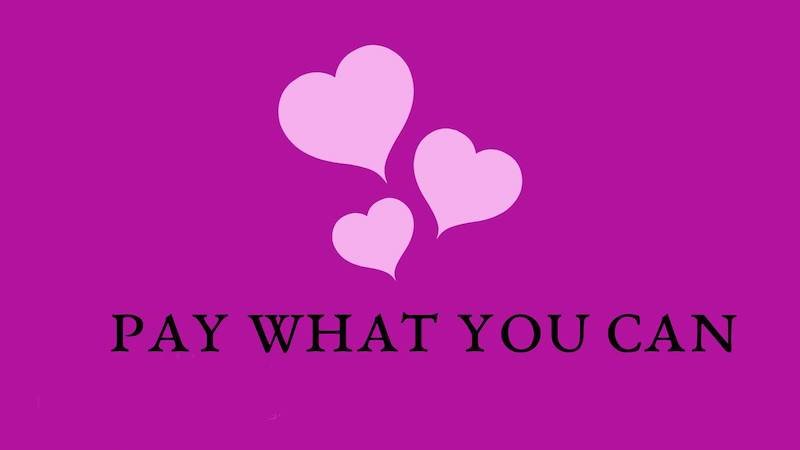

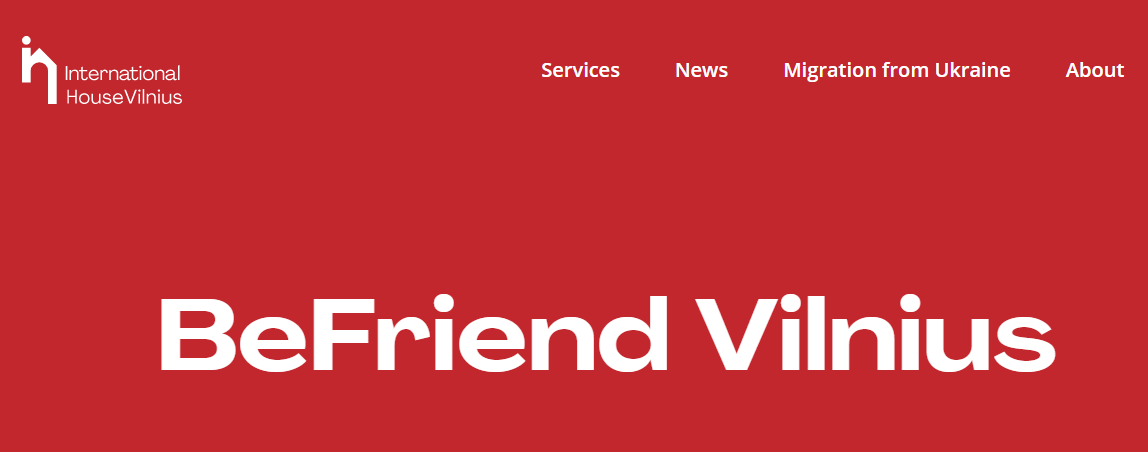
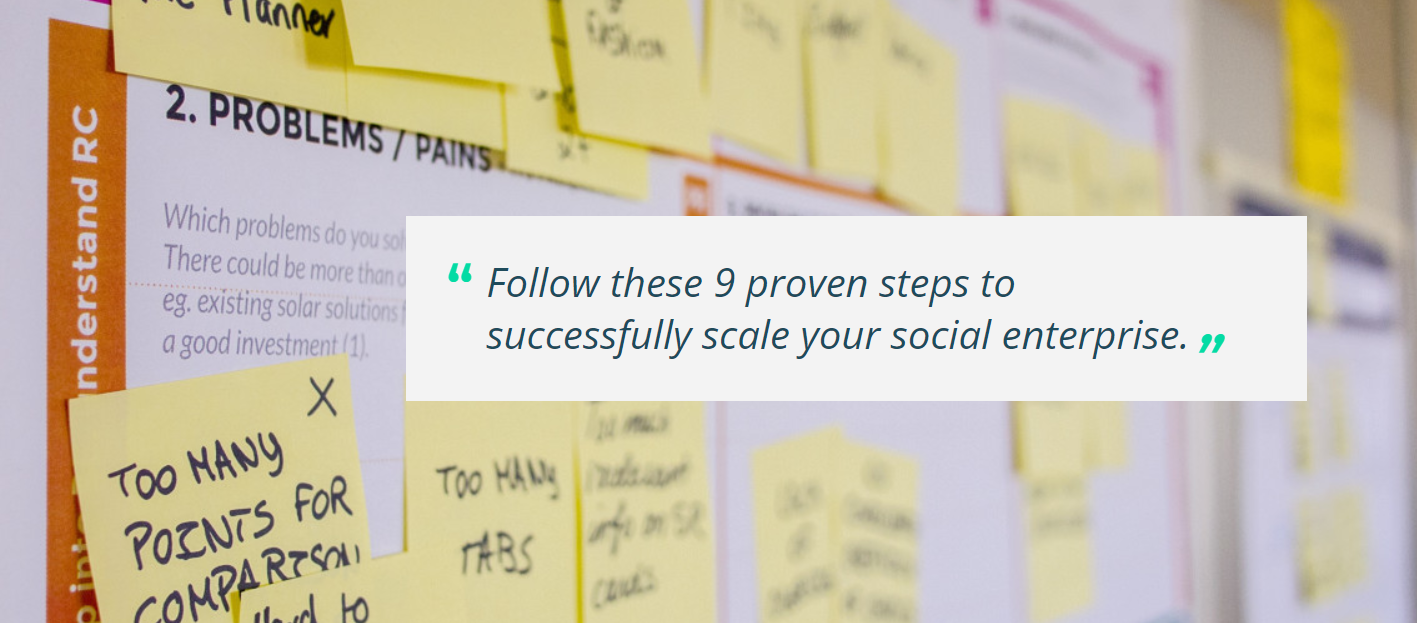
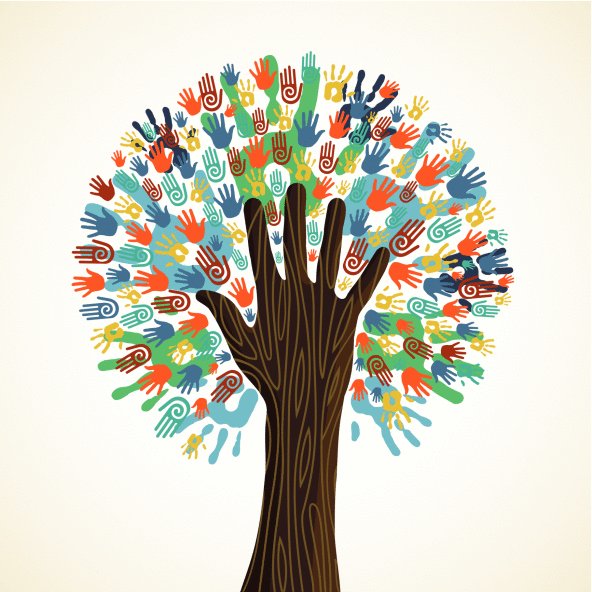
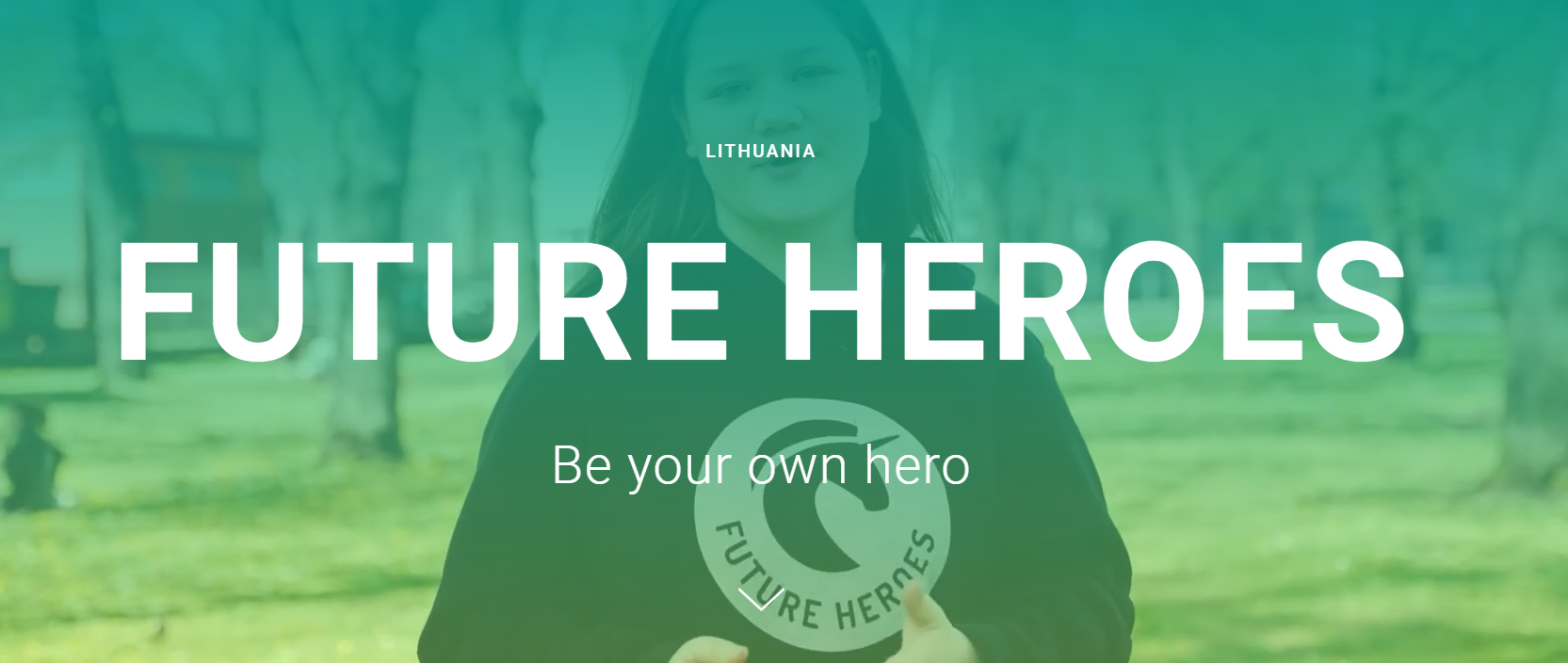
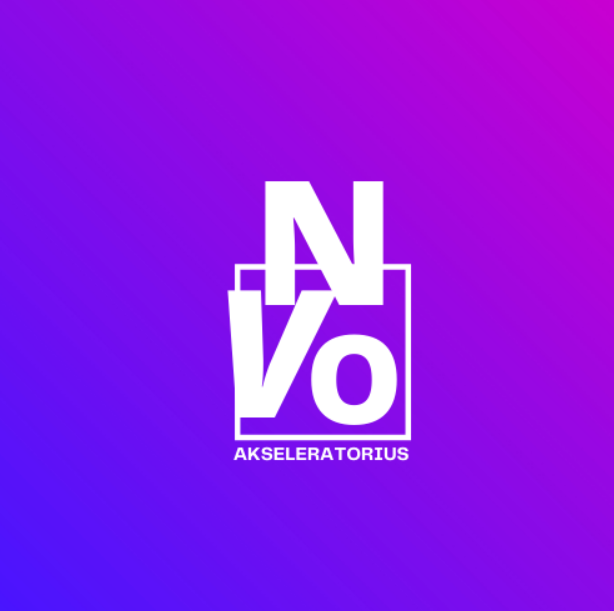


Leave A Comment